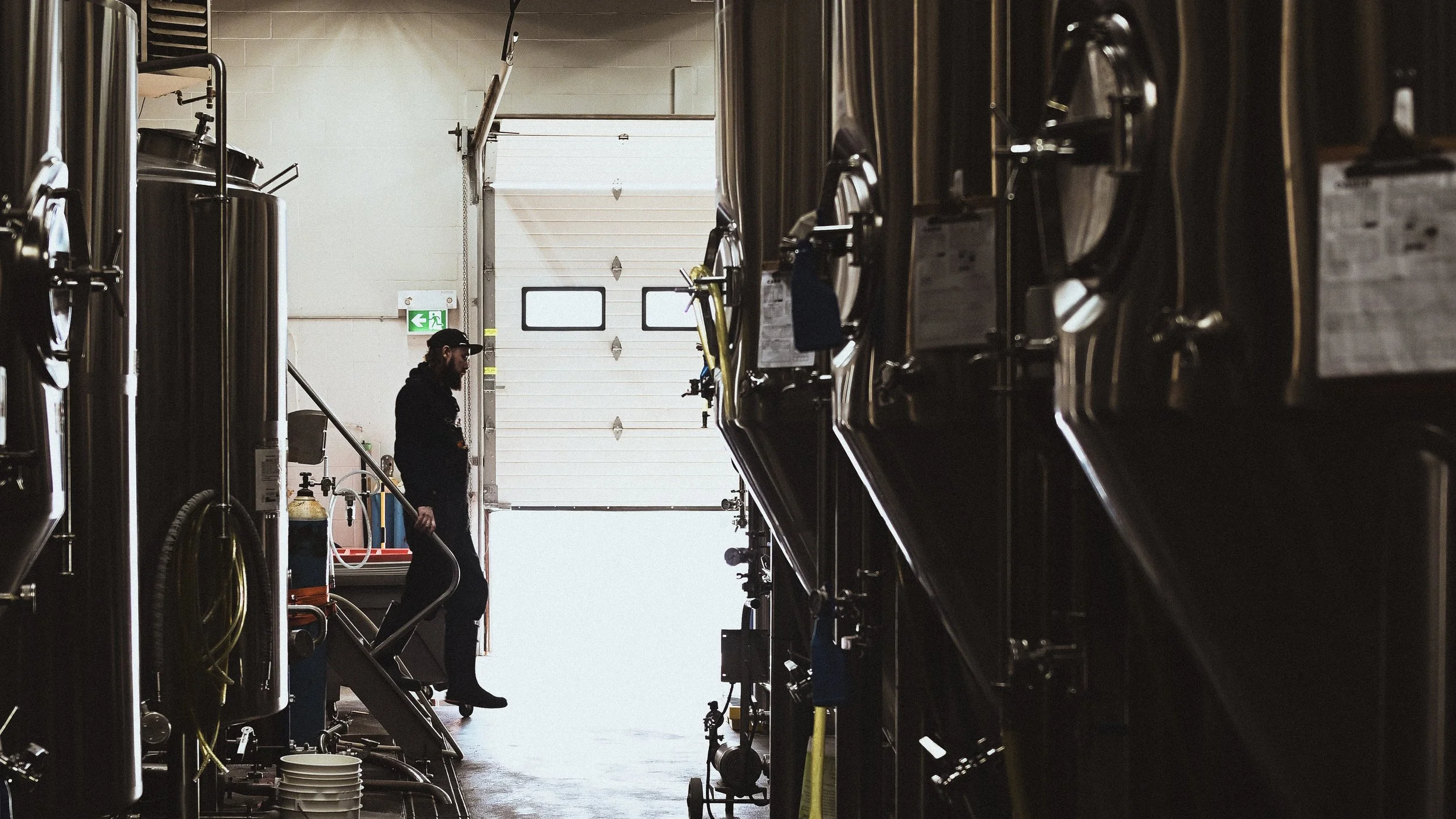A Brief History of Leisure (and its Disappearance)
Once, leisure wasn’t something you earned.
It was simply part of being human.
The ancient Greeks called it scholē — time set aside not for labor, but for thinking, drifting, becoming. Aristotle argued that leisure was the highest use of time, not its absence. A life without it, he said, wasn’t free. It was impoverished.
The Romans had otium — a sacred balance to the demands of business (negotium). Otium was for poetry, letters, slow meals stretched across sunlit courtyards. The wise knew how to linger. It wasn’t idleness; it was art.
In medieval Europe, even peasants carved space for leisure.
Feast days, market fairs, church holidays—up to one-third of the year set aside for rest and ritual.
Time moved with the seasons, not the clock. Days bent to the tilt of the sun, the sound of bells across open fields.
The Renaissance gave birth to salons and slow discourse; the Enlightenment to cafés and coffeehouses where philosophers and merchants lingered over bitter cups and bigger ideas.
In London’s "penny universities", a single dish of coffee bought you hours of spirited conversation.
By the 19th century, Paris had perfected the public art of leisure.
At Café de Flore, poets nursed a single café crème until nightfall.
At Les Deux Magots, philosophers leaned back, watching the world unfurl.
The chairs all faced outward — not by accident — but because watching was part of the pleasure.
Even into the early 20th century, the figure of the flâneur wandered through the streets of Paris with no destination but wonder itself.
Leisure wasn’t passive. It was presence.
But somewhere along the way, we misplaced that muscle.
Industrialization compressed time into hours and wages.
Capitalism turned leisure from a right into a luxury.
Minutes became measurable.
Schedules became survival.
Multitasking became virtue.
And the spaces for nothingness — the soft, blooming spaces — grew smaller.
Until resting felt illicit.
Until silence felt wrong.
Until leisure became something to pencil in — and usually cancel.
Still, the impulse hums under late light.
It blooms after the second glass.
It flickers awake when conversation stretches for no reason at all, except that it feels good to stay.
Skyward Slow is our small toast to that forgotten art.
Brewed in collaboration with Cabin Brewing, it’s a beer that doesn’t rush.
Crisp. Clean. Weightless.
Built not for milestones, but for middles.
For afternoons that drift open.
For evenings that don’t check their watches.
For the soft moment when the sun slides across the table — and the last thing you want is for it to end.
You don’t have to earn it.
You just have to notice it.
(And maybe, if you’re lucky, look up.)
Further Reading
Stanford Encyclopedia of Philosophy — Leisure (scholē)
Oxford Classical Dictionary — Otium in Roman culture
U.S. Bureau of Labor Statistics — Medieval Work and Rest Patterns
The Coffee House: A Cultural History — "Penny Universities"
Stanford Encyclopedia of Philosophy — Walter Benjamin and the flâneur
